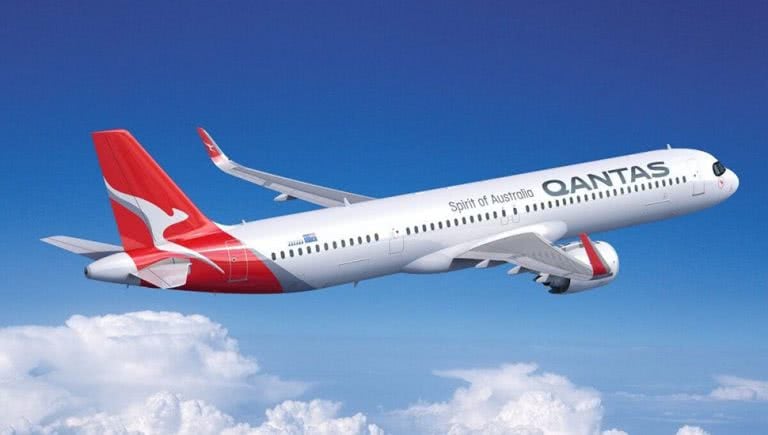Qantas CEO Alan Joyce has revealed that he believes international, long haul flights will be out of the question until July 2021.
“The impact will be felt for some time,” Joyce said in the same press conference where he told reporters he believes international services won’t resume until the next financial year. Emphasising that Australia’s international border will remain closed until July.
The future of international travel is grim. With the Qantas CEO predicting that even when international travel returns, it will be just half of what it was before the coronavirus pandemic hit.
“It’s clear that international travel is likely to be stalled for a long time,” Joyce added. “IATA – the peak body for airlines – says it will take more than three years for global travel to return to 2019 levels.” He has predicted that the airline will halt all international options —including short haul – for at least a year.
Joyce has expressed optimism about domestic travel, forecasting that to return back up to 70 per cent of pre-pandemic levels this financial year, and return to normal by 2021-22. Granted that regional outbreaks — such as Victoria’s recent spike — are contained.
This comes in light of the Qantas announcement that they would be permanently cutting 6,000 jobs from both Qantas and Jetstar operations, in a bid to launch a $1.9 billion capital raising scheme that it says will “accelerate its recovery from the COVID crisis.”
Since the coronavirus pandemic hit, Qantas has been burning over $40 million per week.
Love Music?
Get your daily dose of metal, rock, indie, pop, and everything else in between.
That 6,000 employment cuts represent 20% of the total Qantas workforce. A harrowing 1 in 5 of the company’s 30,000+ staff will soon be unemployed.
Earlier this year the airline was forced to stand down 15,000 staff members as coronavirus travel restrictions effectively halted the tourism industry.
Staff who have had their jobs affected will remain furloughed until regular flights resume.
The company plans to shed $15 billion in costs over the next three years in an attempt to survive the pandemic fallout.
Qantas officials have emphasised that these cuts are a way to “accelerate its recovery from the COVID crisis and create a stronger platform for future profitability, long-term shareholder value and to preserve as many jobs as possible.”


































